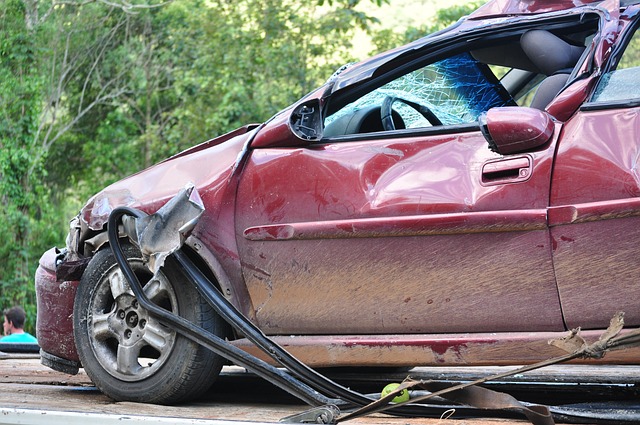
Photo by Pixabay
May 22, 2024
Jenny Weber

Photo
by Pixabay
Experiencing a car accident can be a life-altering event, filled with shock and confusion. In the immediate aftermath, it’s crucial to know the essential steps to protect your health and legal rights. Navigating the complex landscape of medical care and legal procedures can be overwhelming, but taking the right actions promptly can make a significant difference in your recovery and compensation. This guide will walk you through the critical legal and medical steps you need to take following a car accident, ensuring you are well-prepared to handle the situation effectively.
Your health is a top priority after a car accident. Seek immediate medical attention, even if you believe your injuries are minor. Some injuries may not be apparent right away, so it's crucial to have a healthcare professional assess your condition. Prompt medical attention can prevent complications, provide essential documentation for any future legal claims, and ensure that all injuries are properly treated.
Keep a meticulous record of any symptoms or injuries that arise after the accident. Document everything from headaches and dizziness to more severe injuries like broken bones or lacerations. Maintain a daily journal detailing your physical condition, treatments received, and how your injuries impact your daily activities. This detailed record is crucial for managing your recovery and supporting any legal action.
Request a copy of the police report for your records as soon as possible. This document provides an official account of the accident, including details about the involved parties, witnesses, and any citations issued. It can serve as critical evidence if you need to file an insurance claim or pursue legal action. Ensure all information in the report is accurate and complete.
Consulting a chiropractor can be beneficial for treating accident-related injuries. A chiropractor skilled in addressing specific injuries, such as soft tissue damage, whiplash, or a herniated disc, can play a crucial role in aiding recovery. Treatment duration can vary significantly, ranging from a few sessions to extended care, depending on the severity of your injuries and your response to treatment.
Track Accident-Related Expenses
Accurate record-keeping of all accident-related expenses is essential. This includes medical bills, prescription costs, physical therapy sessions, and any out-of-pocket expenses like transportation to medical appointments. Don’t forget to document vehicle repair costs, towing fees, and rental car expenses if applicable. Keeping all receipts and invoices will be beneficial when seeking reimbursement from your insurance company or during legal proceedings.
Any new information or developments related to your accident should be promptly shared with your attorney. This includes updates on your medical condition, new symptoms, or any interactions with insurance companies. An attorney can provide invaluable legal advice and ensure your rights are protected. Clear communication with your attorney can significantly influence the outcome of your case and help streamline the legal process.
If necessary, initiate the process of filing a claim with your insurance company. Provide them with all relevant documentation, including the police report, medical records, and detailed expense records. Be prepared to answer questions about the accident and your injuries. Your insurance company will investigate the claim and determine the compensation you are entitled to under your policy, helping to cover necessary medical expenses and losses.
Notify
your insurance company about the accident as soon as possible. Keep
them updated with any new information, such as additional medical
treatments or expenses. Following up regularly ensures your claim is
processed
efficiently
and that you receive the compensation you deserve. Maintaining a
record of all communications with your insurance company is crucial
for tracking the progress of your claim and ensuring transparency.
Handling the legal and medical steps after a car accident can be daunting, but being informed and prepared can significantly ease the process. By promptly addressing your medical needs and understanding your legal rights, you can protect your health and secure the compensation you deserve. Remember to document everything meticulously and seek professional assistance when needed. Your well-being is paramount, and taking these essential steps will help you move forward with confidence and peace of mind.